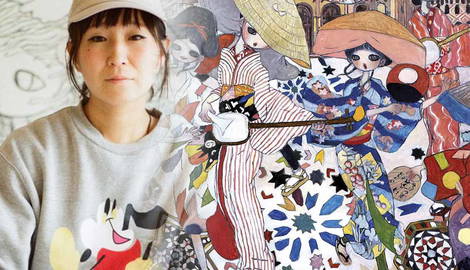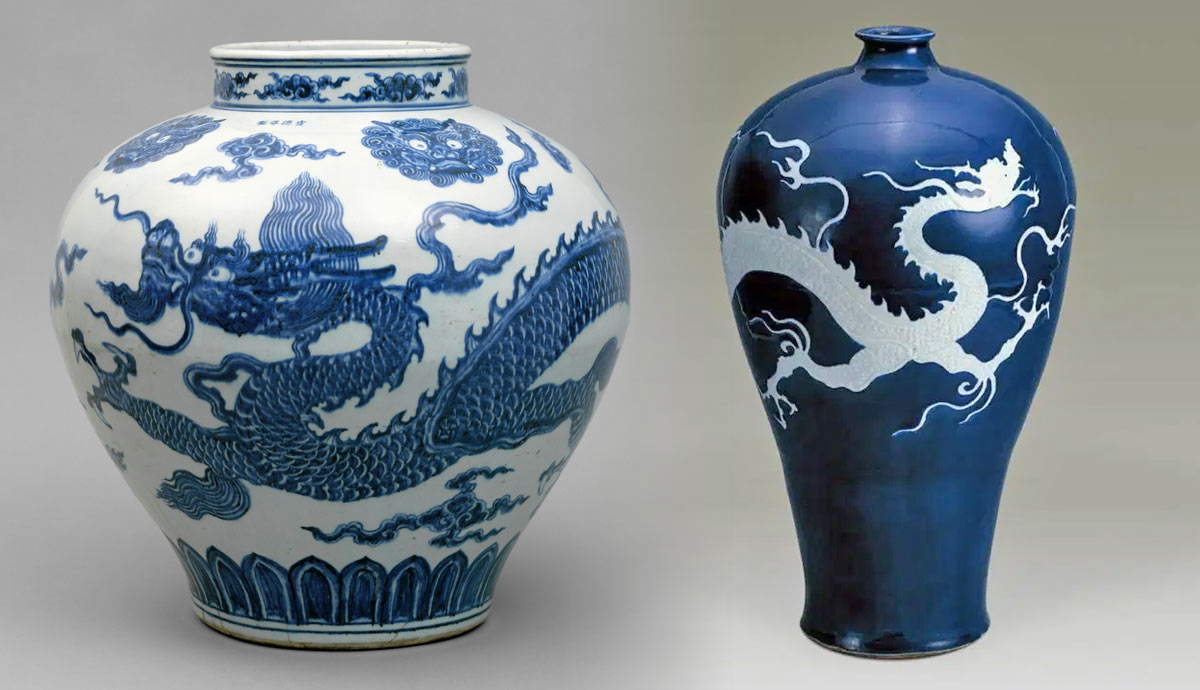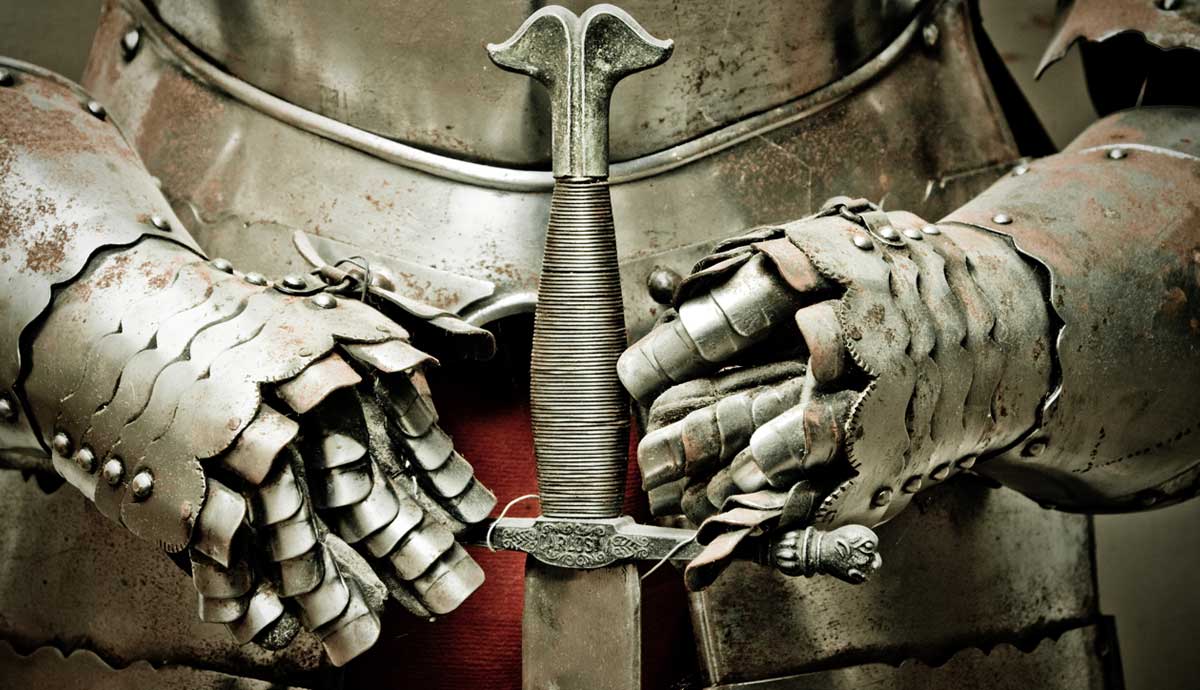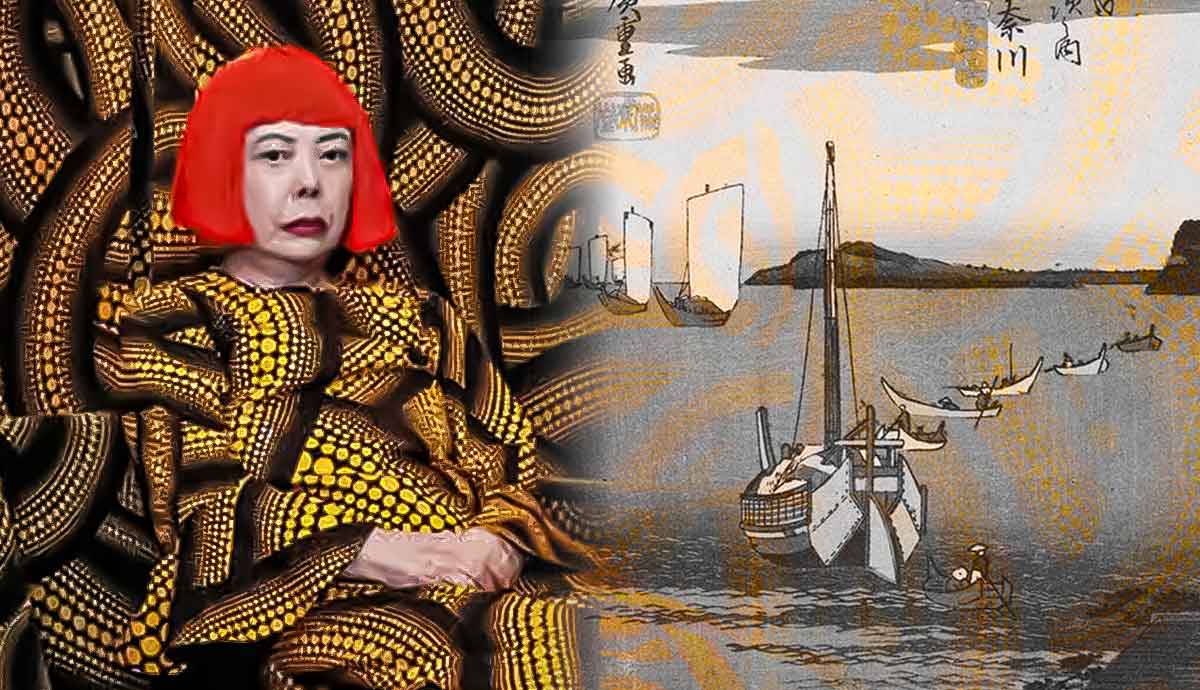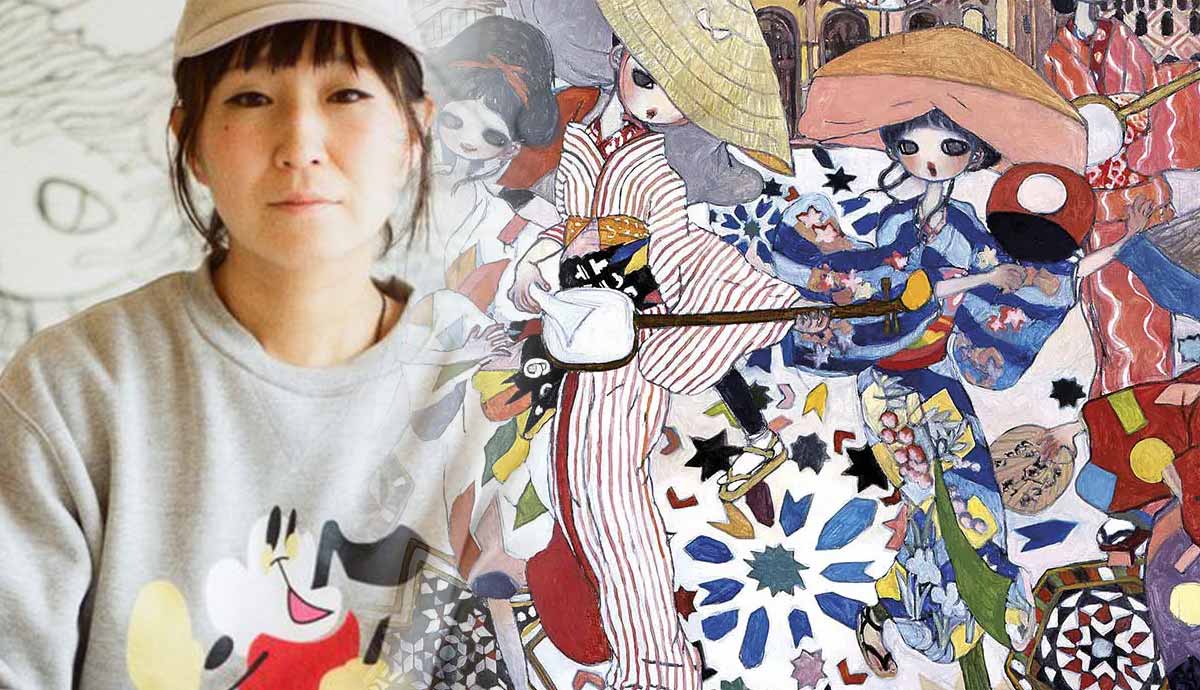
Aya Takano is one of Japan’s most exciting contemporary artists. A member of Takashi Murakami’s Kaikai Kiki art collective, she makes quirky paintings and illustrations in the ‘Superflat’ style. This is known for its flat, bright colors and cartoonish imagery, which is inspired as much by Japanese traditions such as ukiyo-e as by manga and anime. Takano’s style stands out for its doe-eyed, long-legged young people wearing floaty clothes in fantastical scenarios. But not all is as it seems in her strange world of apparent innocence. We look into the art and ideas of this fascinating artist who has taken the international art world by storm.
1. Aya Takano Grew Up with Manga

Aya Takano was born in Saitama, Japan in 1976. Throughout her childhood she was fascinated by the Japanese worlds of manga and anime. Of all the influences on Takano, the work of legendary anime writer and illustrator Osamu Tezuka, who wrote Astro Boy and Phoenix, had a particularly notable influence. Another key influence was the 1970s Shojo manga (girl comics), which celebrate female strength and power. For Takano anime offered a form of complete escapism from the world around her, and as she grew up, she went on to create her own comic books. These include Spaceship EE, 2002, Cosmic Juice, 2009, and more recently, The Jelly Civilization Chronicle, 2017.
2. Her Art Takes Influence from East and West

While Aya Takano’s art is undoubtedly a nod towards the Japanese world of comic books and anime, she has also looked wider afield to a huge range of sources, from French Impressionism to Japanese ukiyo-e prints, Japanese folklore and ancient Japanese stamps. Two of her greatest inspirations are European Surrealism, and the art of émigré Japanese-America artist Yayoi Kusama. She says of these two sources, “Both have brought something fresh into the world by exploring a new place that has never existed before.”
3. Aya Takano Makes Fantastical Worlds

In all her art, whether illustration, drawing, or painting, Takano creates curious fantasy worlds where anything can happen. Her complex stories are colorful, quirky and imaginative, featuring stylized, youthful characters with huge eyes and long legs. They populate dream-like scenarios, ranging from busy street scenes to cafés, restaurants, gardens and wide-open vistas. While at first glance her art might seem naïve and utopian, it is layered with richly complex meanings. Her floating, ghost-like characters lose their teeth, sport large tattoos, remove their clothes and engage in erotic encounters with animals and aliens, blurring the boundaries between real and imaginary worlds.
4. Her Characters Are Often Gender Neutral

While many of Takano’s characters appear to be stereotypically female, with long hair, dresses, and breasts, she also introduces characters whose gender is more ambiguous and fluid, with short hair and androgynous clothing. Some of her characters even look like fairies or aliens. She believes the male/female labels society places on individuals are becoming less and less important. Takano says, “In the future, I believe ‘gender’ will solely be the word to describe the mechanism of an individual body.”
5. Aya Takano’s Art Addresses Socio-Political Issues

Many of Aya Takano’s more recent artworks address socio-political issues. Following the earthquake and tsunami in 2011, Takano began making art that addressed our human relationship with nature, our need to take care of the planet, and to live in harmony with one another. In her large-scale painting May All Things Dissolve in the Ocean of Bliss, 2014, people, animals and industry are able to happily coexist, while her series of artworks titled Let’s Make the Universe a Better Place, 2020, speak of friendship, unity and the great importance for personal freedom, particularly in the lives of young women who are finding their place in the world.
